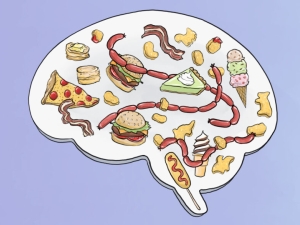

Research Bio
Stephan Lammel is an Associate Professor of Neurobiology and Weill Neurohub Investigator. Research in his laboratory employs state-of-the-art methods to explore the contribution of defined neural circuits to behavior with the goal of understanding the pathological changes that occur in these circuits as a consequence of mental illness. His work spans a variety of techniques including immunocytochemistry, neural circuit tracing, ex vivo and in vivo electrophysiological studies as well as optogenetic and behavioral approaches. The general focus is on studying the neural circuits that mediate motivation and reward. Ultimately, his goal is to identify and define suitable targets within complex neural circuits that that will lead to the development of highly‐specific therapeutic intervention for mental illness. Drugs that selectively target neural circuits or cells, defined by their anatomical or biochemical properties, may also reduce the occurrence of unwanted side effects which are currently associated with these treatments.
Research Expertise and Interest
neuroscience, Optogenetics, dopamine, motivation, reward, electrophysiological techniques





